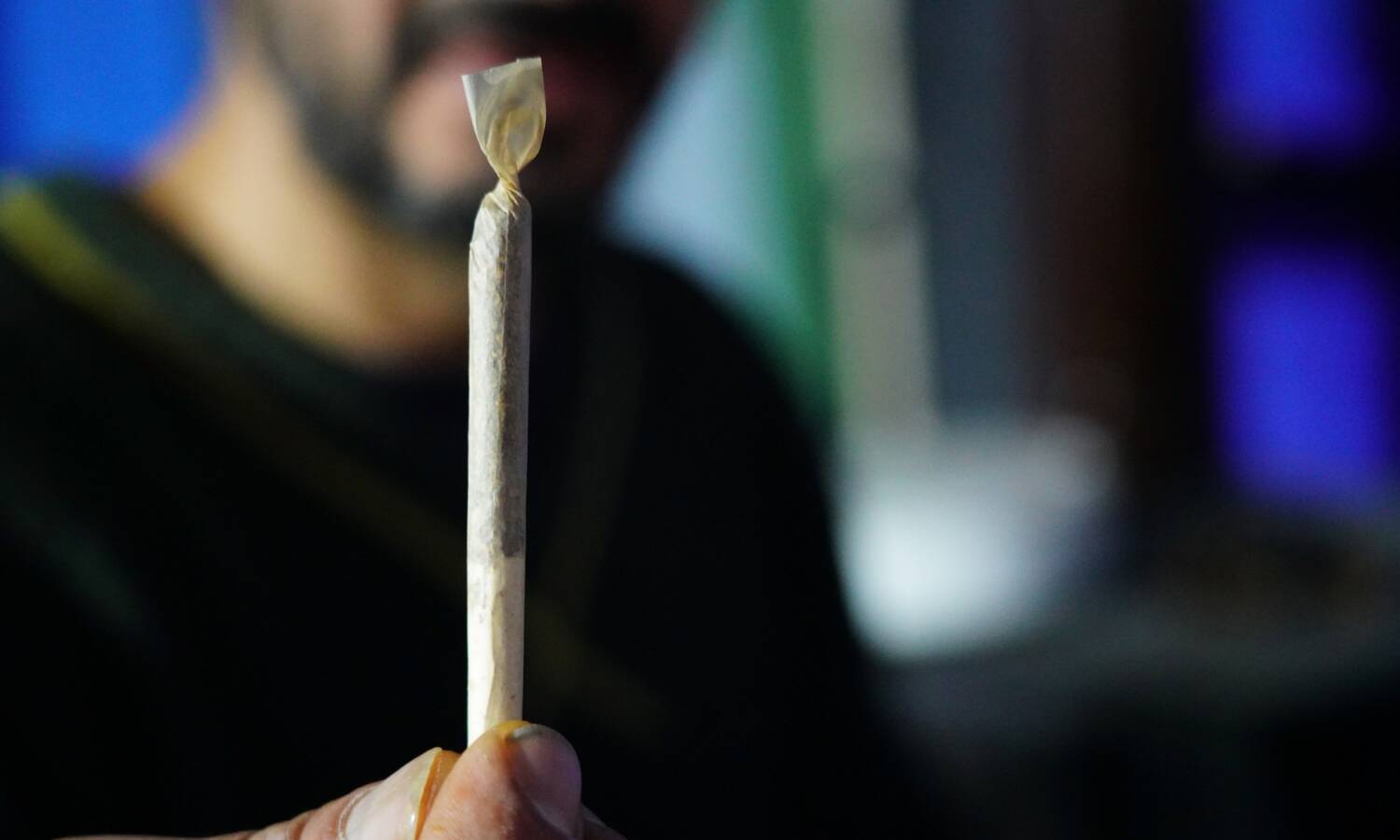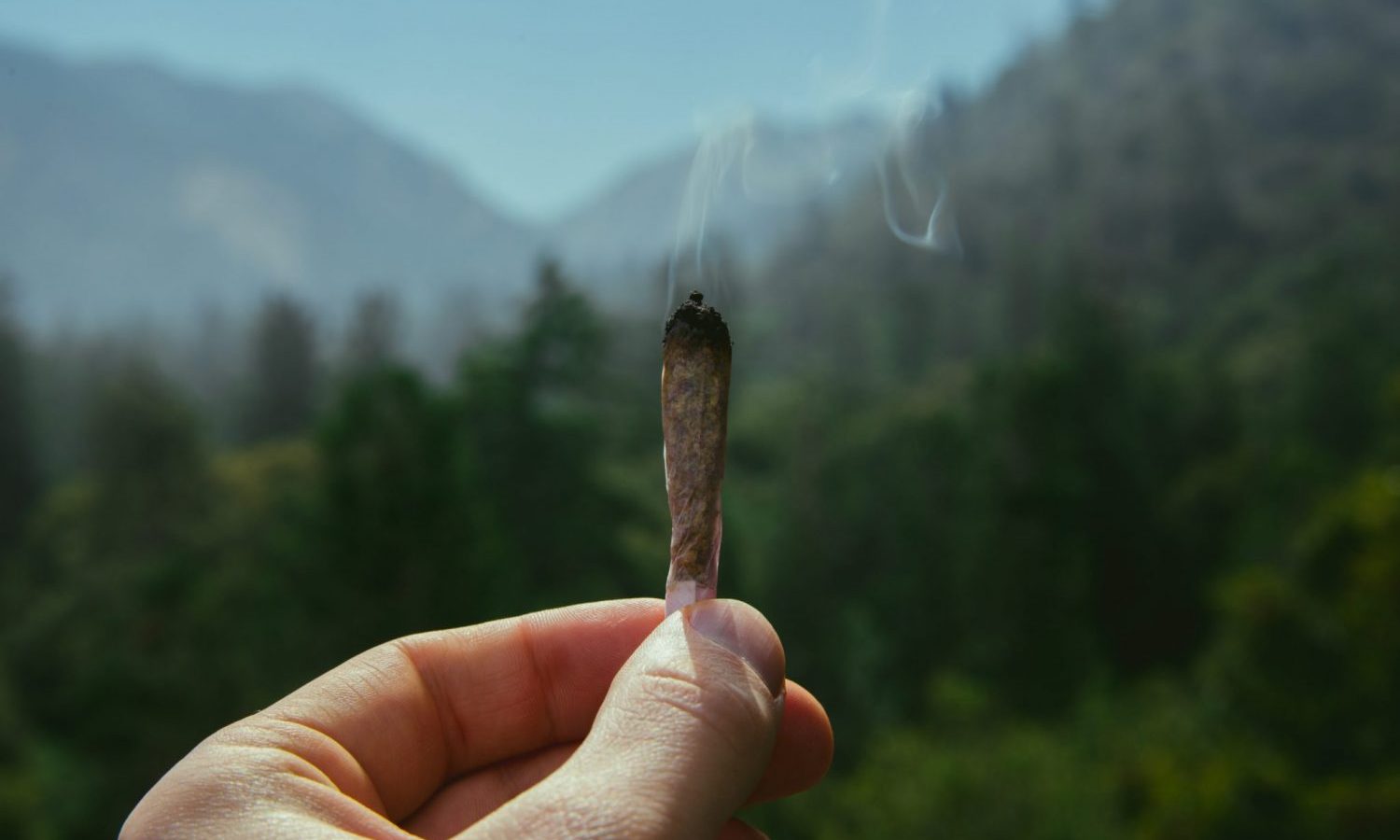
Arizona lawmakers are trying to ban delta-8 THC products — here’s why
Of
Arizona appears to be on track to ban the production and sale of products containing delta-8-THC, a chemical component in the cannabis plant.
Arizona Dispensaries Association-backed Senate Bill 1715 seeks to criminalize the manufacture and sale of the hemp-derived compound, writes the Phoenix New Times. The measure, passed by the Arizona Senate on March 15, would ban “impairing cannabinoids produced from hemp,” including Delta-8.
Photo by Anastassiya Bezhekeneva/Getty Images
What is Delta-8 THC?
Delta-8 THC is a “smoother” version of delta-9-THC, the main component of the marijuana plant to induce psychoactive effects, and can be chemically converted from hemp-derived CBD using new industrial methods.
RELATED: FDA Warns Consumers of Risks Associated with Delta-8-THC Products
Considering that this cannabinoid is new to today’s consumers, many states have decided to take precautionary measures as the cannabis industry is still in the early stages of learning about the potential therapeutic benefits and side effects of delta-8-THC.
Why does the legislature want to ban it?
The Delta 8 link has historically been mislabeled by companies that sell it. Some even fear that Delta-8 could even get into the hands of children as an unregulated psychoactive product finding its way into pharmacies, gas stations, and head shops.
RELATED: How to Know if Delta-8 THC Is Right for You
“We allow psychoactive products to get into the hands of children if we allow this synthesis process to proceed,” said Sam Richard, executive director of the Arizona Dispensaries Association.
Another issue is that products originating from the 2018 state farm law aren’t subject to the same testing requirements as cannabis. The law legalized the commercial production of hemp and, among other places, allowed Arizona to grow hemp under the supervision of the state Department of Agriculture.
RELATED: RIP Delta-8 THC: Why States and DEA Want It Banned
While the legislation explicitly states that hemp can contain up to 0.3% delta-9 THC, there is no mention of delta-8 or its limitations.
 Photo by Jeff W via Unsplash
Photo by Jeff W via Unsplash
What about other states?
Some states have also taken similar steps.
The New York Cannabis Control Board (CCB) clarified in November that delta-8 THC products cannot be sold, although hemp flower is permitted.
RELATED: It’s Official: New York Bans Delta-8 THC Products, Allows Hemp Flower Sale
In February, the Kentucky legislature proposed a bill aimed at banning all forms of “intoxicating products” made from industrial hemp, such as delta-8-THC. The legislation, which expands on existing language in state law, is also expected to ban other hemp-derived minor cannabinoids such as delta-10-THC, THC-O and THC-P, according to an unofficial copy of the proposal.
Last year, the Colorado Marijuana Enforcement Division (MED) issued a statement that “chemical modification or conversion of naturally occurring cannabinoids from industrial hemp does not meet the legal definition of ‘industrial hemp product’.” This includes any process that converts an industrial hemp cannabinoid, such as CBD isolate, into delta-9, delta-8, delta-10 THC or other tetrahydrocannabinol isomers or functional analogues.”
This article originally appeared on Benzinga and has been republished with permission.

Post a comment: